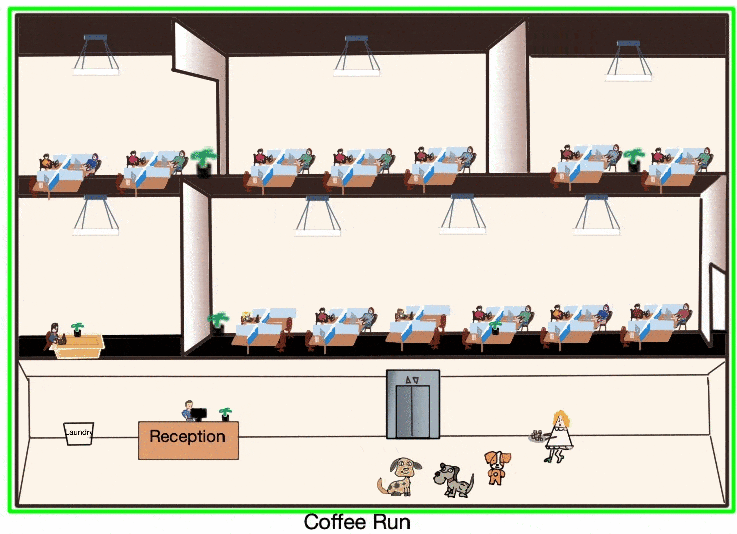258 reads
Throwing Top Engineering Internship Myths out the Window
by
September 4th, 2021
Audio Presented by

Technologist linkedin:patrick-mccarthy-26a8111 Follow me on Twitter @pat__mccarthy
About Author
Technologist linkedin:patrick-mccarthy-26a8111 Follow me on Twitter @pat__mccarthy
